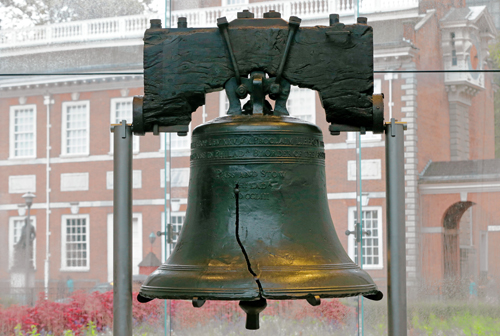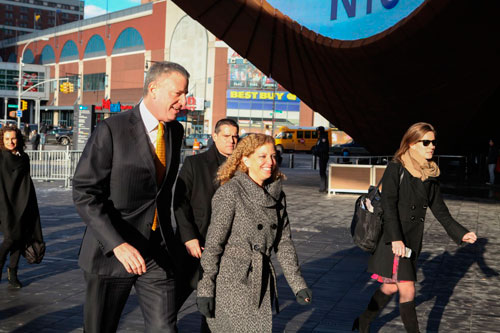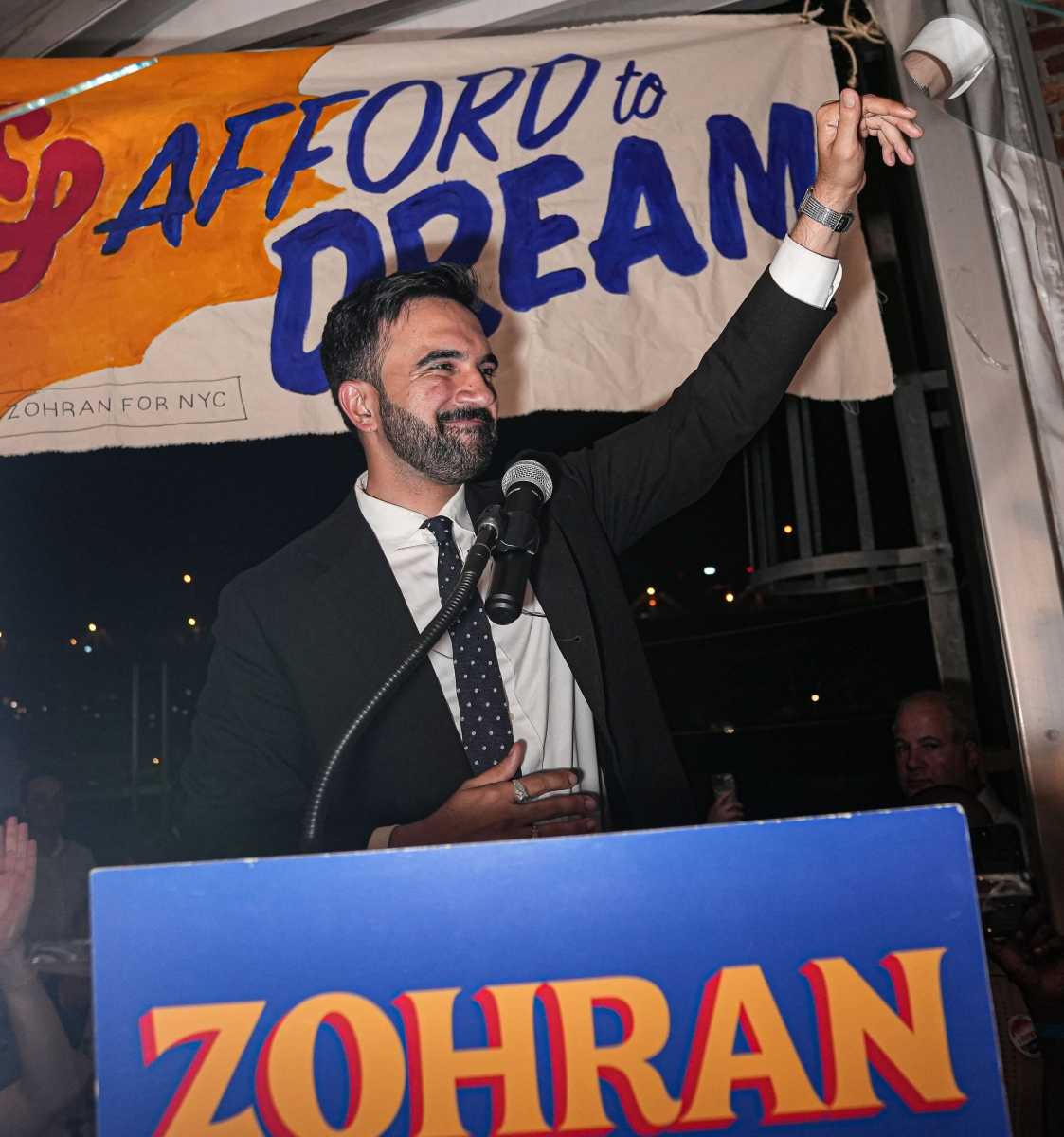I’m writing this column more than a week after the election, and you’re reading it at least several days after that. For as long as this is my newest column, it’s likely neither you nor I will know the results of several local elections, or whether Donald Trump is recognizing the results of the national election that turned him out of office.
Nicole Malliotakis has defeated Max Rose for Congress. It is not yet clear whether state Sen. Andrew Gounardes and Assemblywoman Mathylde Frontus were defeated by their Republican challengers.
Assuming the success of at least one outer-borough right-wing populist in Malliotakis, let’s engage in a flight of fancy: could a right-wing outer-borough multicultural populist backlash take over New York City Hall?
The closest this city ever came to a Trump or even a Rob Ford was probably Rudy Giuliani, seen last week in the parking lot of the Four Seasons Total Landscaping in Northeast Philadelphia. Giuliani, a Yankees fan from Brooklyn, ran all three of his mayoral campaigns against Manhattanites, with heavy support from the outer-boroughs. Considering how the city voted in the presidential election, I don’t think we are returning to the likes of Giuliani any time soon.
Michael Bloomberg also represented a different model for a politician than this city had seen for a while. Bloomberg skipped the Democratic primaries, which he couldn’t have won, and went on to three successful terms, inspiring over-confident rich men and women for decades to come.
But for the purposes of this discussion, two things are essential to know about Bloomberg. First, he was a unique case: both the city’s richest man and also first elected in a confused and hurried election after 9/11. Second, he is the very opposite of an outer-borough populist: he is a gun and sugar-limiting internationalist plutocrat with rarefied tastes.
It seems very unlikely a right-winger could get by this city’s Democratic primary electorate, which seems to get more radically progressive every four years. (So far, I am not complaining.) This city is so Democratic in its lean these days during the general election that I think it is very difficult to imagine the next mayor of New York being anyone other than the winner of next year’s Democratic primary.
These primaries tend to reward real insiders. The two frontrunners are City Comptroller Scott Stringer and Brooklyn Borough President Eric Adams. Only when the candidate of the Democratic activists totally fails to connect with regular New Yorkers is an outer-borough right-wing populist revolt possible.
For 20 years, Democrats were denied City Hall, but now recreating those conditions is like catching lightning in a bottle. For now, the bottle seems to get smaller every year.
Nick Rizzo is a former Democratic District Leader and a political consultant who lives in Greenpoint.

























